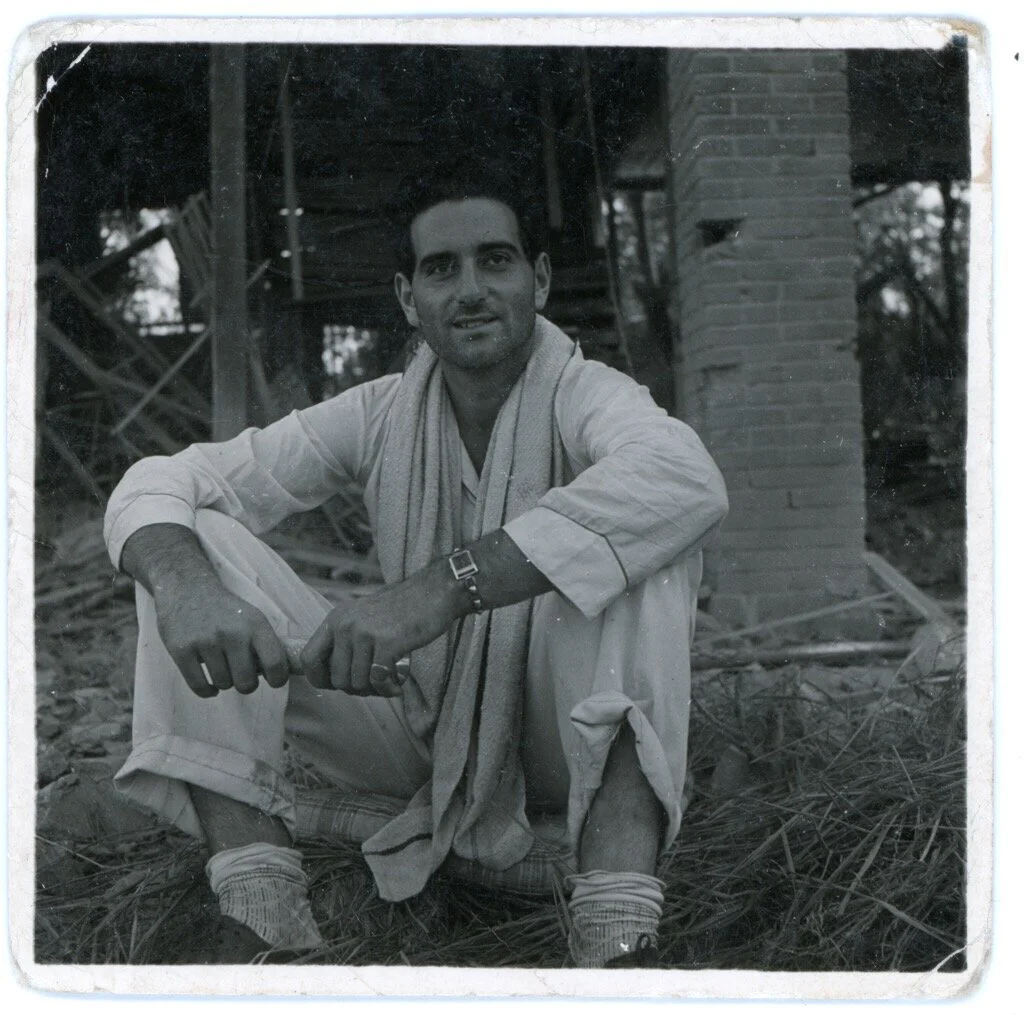Following a War Correspondent's Footsteps to the Oil Spill
Two nights ago I tweeted the following: Dreaming of dropping everything to report on the oil spill like an old fashioned war correspondent. Anyone hiring experienced reporters? At first it was a bit of a whim. I've been working on a complex but often dry assignment. During breaks I've read these fascinating — if horrifying — stories about the spill. There are just so many pieces of this story that need to be covered. How could I contribute to that coverage, particularly when the story will have such far reaching impacts on our world?
Then I thought: why not just ask? Who needs help reporting on the spill? Why not offer my services as an experienced reporter who'd be willing to contribute his work, his time, and his energy?
So, who needs help?
Two years ago, when I applied to grad school, I described our shifting environment and its impact on society, politics, economics and culture — let alone life — as perhaps the only great global story. As I did, I had my grandmother's cousin, Melville Jacoby, on my mind.
As I've described before, Melville served as a correspondent in China and Southeast Asia in the 1930s and early 40s. His work appeared in places like Time, Life and the United Press Syndicate at the onset of World War II. Younger than I am now, he was so deeply immersed he reported from the midst of a narrow escape from the Philippines after the Japanese invasion and, during his travels through China, became close to Chiang Kai-Shek. Killed at 25 in an accident in Australia in 1942, he left behind rich accounts of his life in the form of letters, dispatches and photos now in my grandmother's possession.
As I learned from my grandmother about Melville, I realized he played a central role telling stories about one small part of another great, global crisis. Perhaps the war was more romantic than seemingly glacial environmental changes (though really, they aren't so glacial) but both crises are the defining milieus of a particular generation. "Like Melville," I wrote, "I want to chronicle my generation's response to its crisis."
I have some travel credits, some time, and a little cash saved up.
I even have Melville's typewriter.
If that could get me to the Gulf Coast, could there be a floor to sleep on for the minutes I'm not in the field? Who's in need of a collaborator? A researcher? An errand boy? A transcriptionist?
Let's talk. Even if it's not in the field, how can I help?
